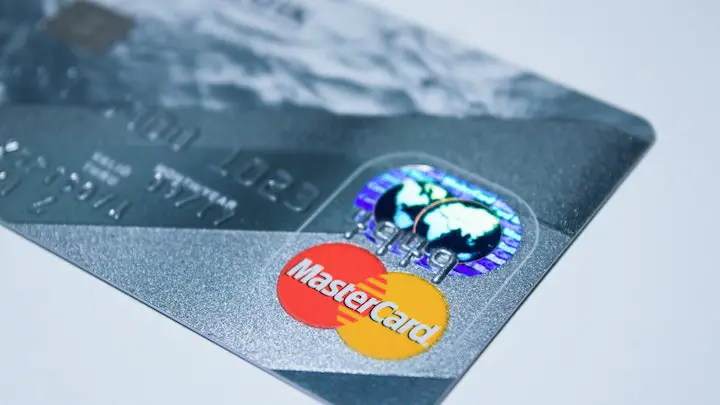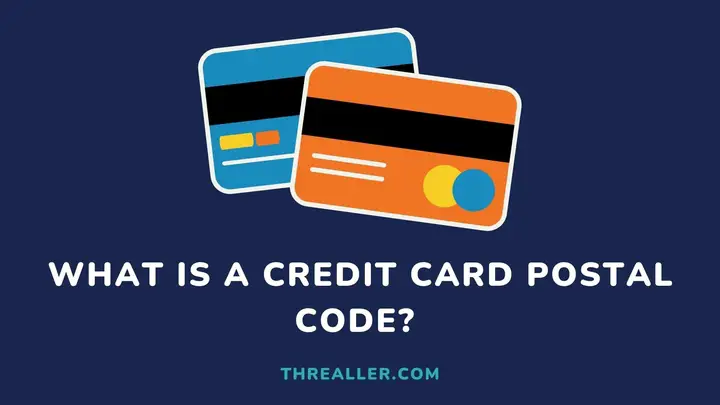A credit card postal code is a 5-digit unique code that allows merchants to verify the authenticity of a credit card transaction. It is also known as ZIP Code (Zone Improvement Plan Code).
This code is an essential requirement for making online or in-store purchases. Now that you know what a credit card is, let’s delve deeper into its importance and how to locate them. You will also find out if debit cards feature postal codes and their importance.
Importance of Credit Card Postal Code
1. Prevent fraudulent transaction
Credit card postal code is one of the several ways merchants verify transactions to prevent fraud. When you provide this code during a transaction, the merchant compares it with the billing address you provided when applying for the card.
If it matches, it means you are the actual cardholder. Otherwise, the transaction will not proceed.
2. Reduce chargeback rates
Credit card postal code validation also reduces the rate of chargeback for merchants. Chargebacks, which occur when a customer disputes a credit card transaction, can be a significant loss to merchants.
By requesting a postal code during a transaction, retailers are sure they are dealing with the card’s owner. This reduces the chances of chargebacks.
3. Location Identification
Aside from confirming or validating the ownership of a credit card, postal codes help business owners identify the location of their customers. This information is always useful for market research and helps retailers prioritize specific regions.
How to Find Your Credit Card Postal Code

Credit card postal codes can be found on the credit card issuer’s monthly billing statement or the credit card’s back (in the signature panel).
Mind you; some companies may refer to this code as the verification code. You can also contact the credit card issuer for assistance if you can’t remember your ZIP code.
However, they may require you to verify your identity before granting access to your postal code information.
Do Debit Cards Feature Postal Codes?
Debit cards, like credit cards, may feature postal codes. However, they use postal codes differently, depending on the type of transaction.
A merchant may request a postal code to validate the transaction’s authenticity when making online or in-store purchases with a debit card.
However, unlike credit cards, some merchants forego this requirement. This is because debit card users must contact the seller before initiating a chargeback.
When providing a postal code during a transaction, ensure it is associated with your debit card account. If your ZIP code is wrong, the transaction may be declined.
Also, some debit card issuers may require the cardholder to set up a PIN and postal code. These codes provide an extra layer of verification that ensures that only the actual owner can make purchases.
FAQs
How long are credit card numbers?
Credit card numbers are usually 16 to 19 digits long. These digits are in front of your card and unique to you.
Can someone use your credit card with just the number and CVV?
Fraudsters can purchase with your credit card if they know your card number and CVV. This is a common e-commerce fraud known as “card-not-present” fraud.
Can someone track your credit card?
The smart chips on credit and debit cards make it impossible for them to be tracked. They protect your card information and do not help you locate them if they get lost or stolen.
In a NutShell
A credit card postal code plays a crucial role in securing financial transactions. The measure prevents fraudulent transactions and chargebacks by validating the cardholder’s identity.
To do this, it matches your credit card postal code with the billing address you registered the card with. If both identifiers align, your transaction will be successful.
Otherwise, it will be declined or delayed. To find your credit card postal code, check your monthly billing statement, the back of the credit card, or contact the card issuer.
Debit card users should also be cautious of their postal code during transactions. While it is not usually a strict transaction requirement, it improves transaction security.
I hope you found this guide helpful. Kindly explore Threaller for other informative guides.
Thanks for reading.

